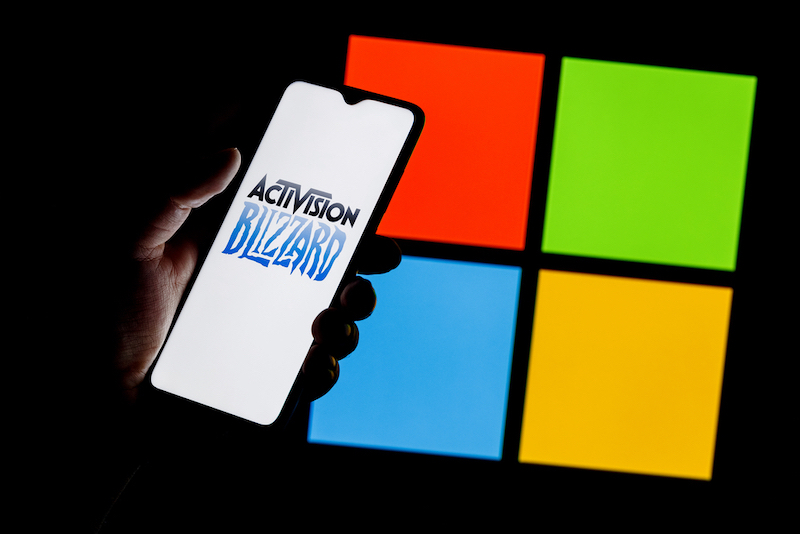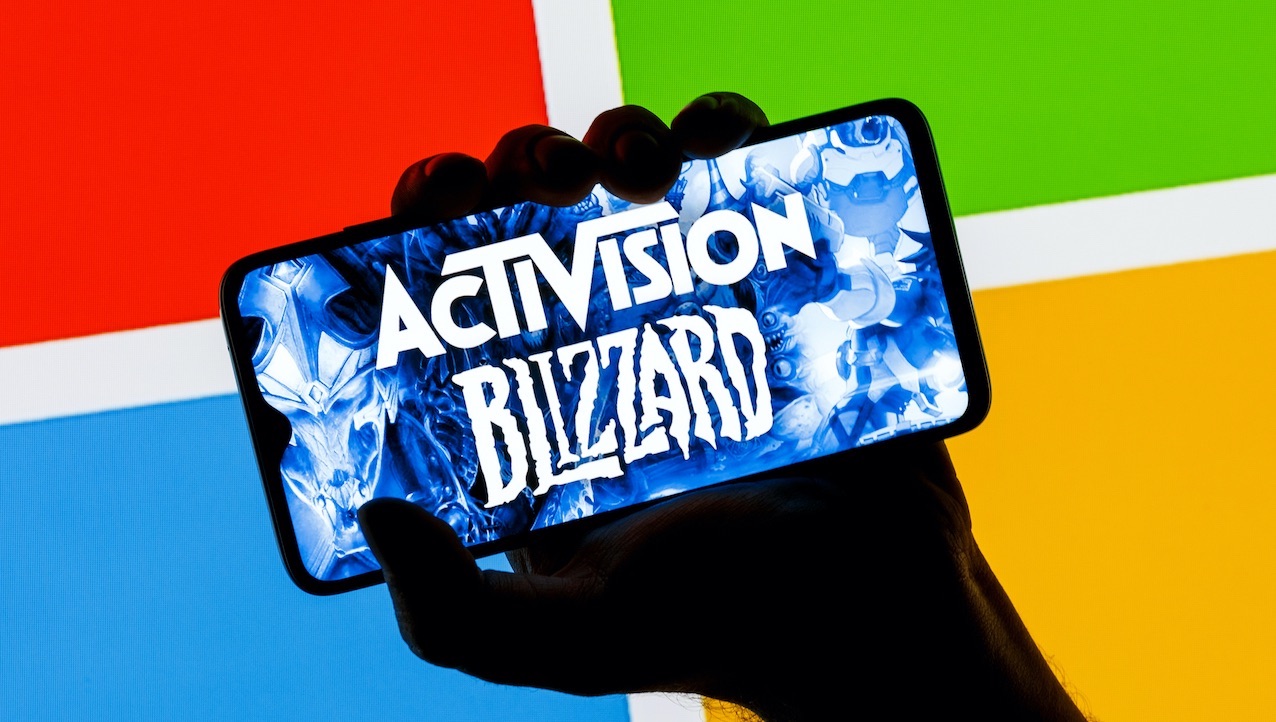It’s a summer with its beautiful tech catchphrases. The most seaside of which is perhaps the mixed martial arts match (increasingly presumed and less and less close to materialising) between Elon Musk e Mark Zuckerberg. In recent weeks there has also been talk of an operation which, if it were to happen, would have far more profound consequences than a fist fight between two narcissistic billionaires. We are talking about the possible purchase of Activision Blizzard by Microsoft, which is a deal worth almost 69 million dollars.
An affair that, however, has always had two fierce opponents. One is the FTC, i.e. the Federal Trade Commission, the US government agency that promotes consumer protection and the elimination and prevention of anti-competitive commercial practices. We will return to the state of affairs regarding the US agency.
Then there is the CMA, acronym for Competition & Markets Authority, that is the British antitrust, which up to now has always strongly vetoed the acquisition. But that could revise its position: let’s find out why.

The CMA and the Microsoft-Activision affair
In April, the British antitrust had blocked the possible acquisition of Activision by Microsoft. The CMA’s doubts were related to the risk of a monopoly situation in the cloud gaming sector (streaming games, so to speak).
However, in July, Microsoft entered into new negotiations with the CMA. In light of which a British antitrust spokesman had declared: “The CMA authority is ready to consider any proposal from Microsoft to reformulate the terms of the transaction, so as to overcome the concerns set out in our final report”.
Activision game rights to Ubisoft
And here is a very recent operation could really change your mind to the British antitrust. In fact in the past UbisoftFrench multinational developer and publisher of video games, announced the acquisition of cloud streaming rights to all Activision Blizzard titles to be released in the next 15 years.
In exchange for assignment of cloud rights of Activision games, valid only outside the European Economic Area, Ubisoft will make a one-time payment to Microsoft, the amount of which is unknown for now. The move immediately made the share jump on the Paris Stock Exchange (28.64 euros, an increase of 6.47%).
But most of all partially reversed the CMA. Which invited all interested parties to provide a report on the impact that the merger could have on competition in the United Kingdom, also in the light of Ubisoft’s entry into the game. The CMA reserved its decision by October 18th.
The statements
Sarah Cardell, chief executive officer of the CMA, did however know that assigning the rights to the games to Ubisoft will not automatically change the judgement of the organization directed by you.
In fact, Cardell declared: “This is not a green light. We will carefully and objectively evaluate the details of the restructured transaction and its impact on competition, including in the light of comments from third parties.
Our goal hasn’t changed: Any future decisions on this new deal will ensure that the growing cloud gaming market continues to benefit from open and effective competition that drives innovation and choice.”
The Microsoft-Activision deal and the FTC
The dispute between Microsoft, Activision Blizzard and the Federal Trade Commission is instead at a more advanced stage. And he seems to be smiling at the two companies ready to merge. Judge Jacqueline Scott Corley dismissed the FTC’s concerns on July 11, according to which the deal harmed consumers because it severely restricted competition. And so there was the green light for the acquisition of Activision Blizzard by Microsoft.
As soon as the ruling was handed down, the Federal Trade Commission announced it would appeal. However, in very short times, the United States Court of Appeals for the Ninth Circuit denied the FTC’s appeal.
The last obstacle to the operation therefore remains the CMA. Also because, let’s remember, if Microsoft does not acquire Activision Blizzard, it will be forced to pay one record penalties for waiving the deal, set at $3 billion.















Leave a Reply
View Comments